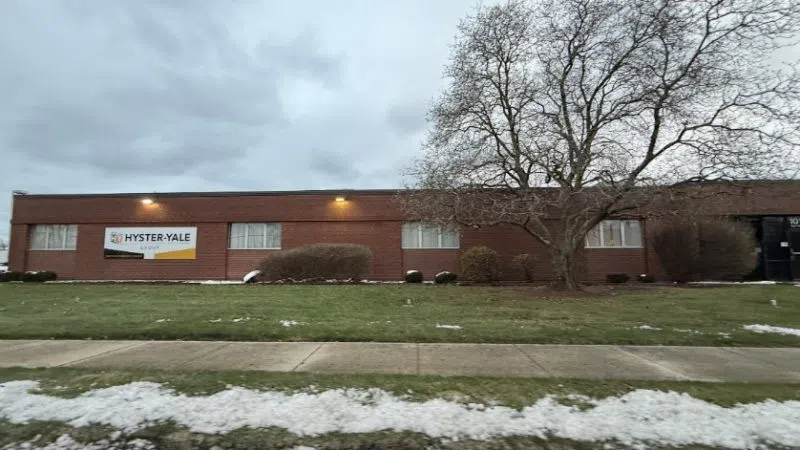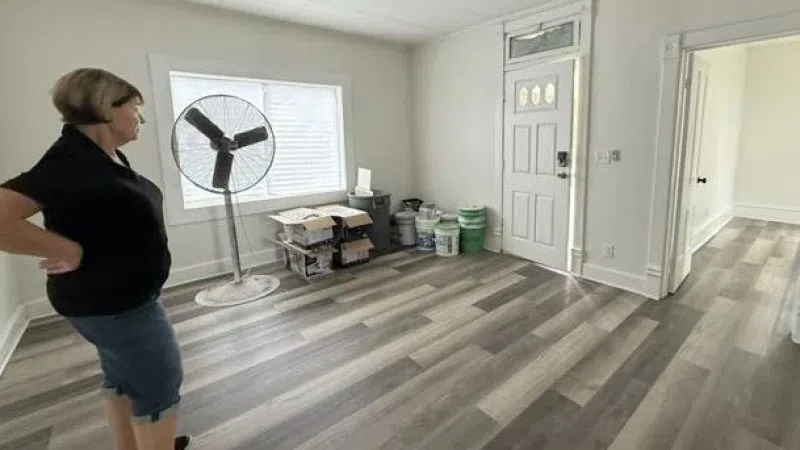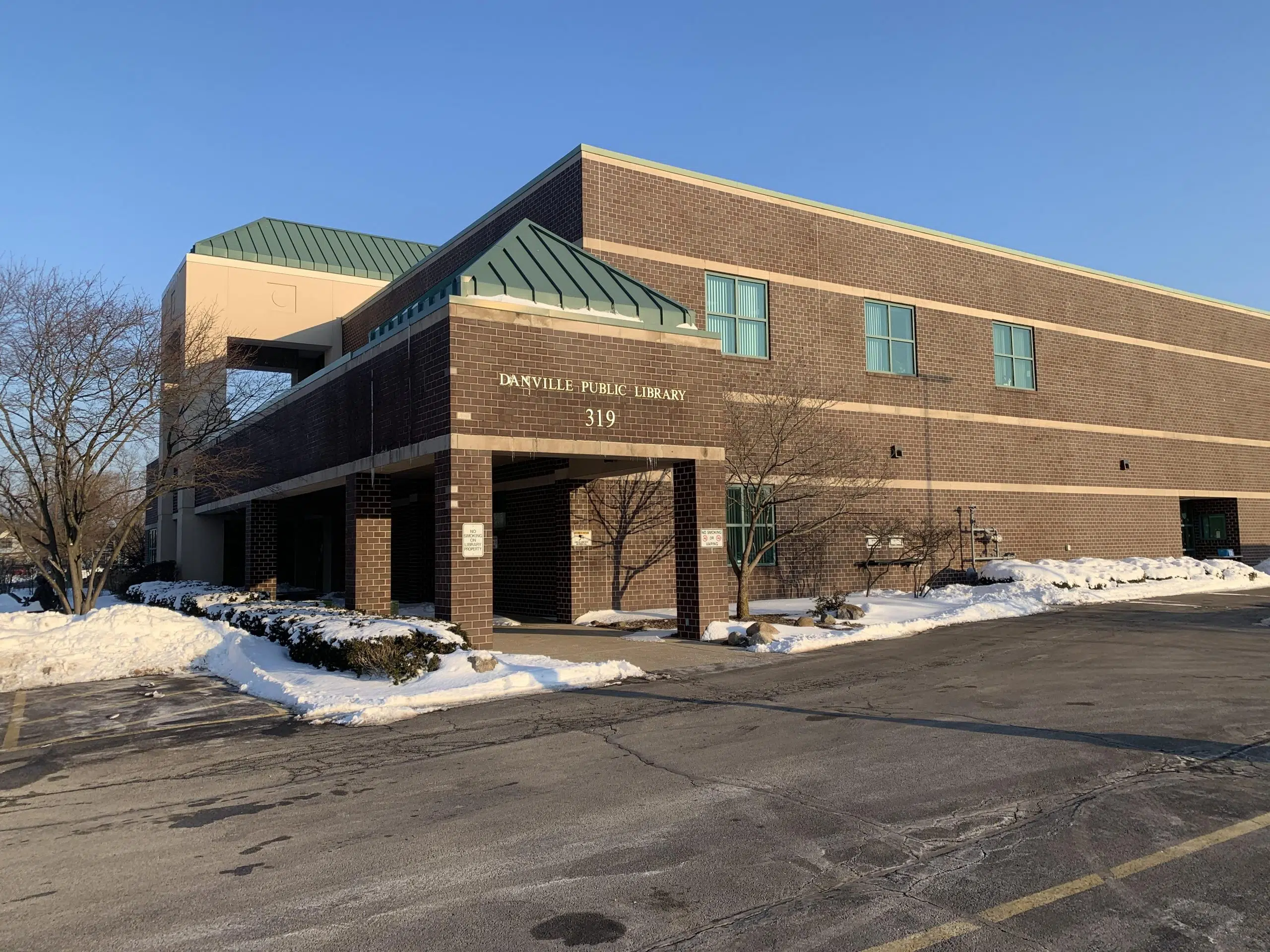The Illinois Senate adjourned late Wednesday afternoon without voting on massive tax increases that are tied to its “grand bargain” package of budget-related bills.
The adjournment happened just hours after Senate President John Cullerton and Minority Leader Christine Radogno announced that the Senate could be in for a “long night” as senators worked to advance the remaining bills of the “grand bargain” package.
Immediately before the adjournment, Cullerton blamed Gov. Bruce Rauner’s sudden involvement for the derailment of the package said the whole package was now in a “holding pattern” as negotiations continue.
At a press conference following session, Cullerton was not able to specify how Rauner got involved and said he has not spoken with him. Cullerton said, however, he was informed by Radogno that if the bills were called today, they would have little Republican support, except for herself.
A vote on the hikes and other controversial bills had been expected Wednesday, but now could be pushed into next week as lawmakers retool some of the legislation.
The tax increase bill is one of 12 tied together as part of the Senate’s “grand bargain” to pass a
balanced state budget. All 12 bills must pass both the Senate and the House and then face a potential veto by Republican Gov. Bruce Rauner.
The governor, however, has indicated he could support the bargain if certain economic reforms also passed, including workers’ compensation reform and a property tax freeze.
The new taxes, if passed into law, include a 33 percent increase to income and corporate taxes and an expansion of sales taxes to include a variety of services.
A family with gross annual income of $50,000 would pay an additional $620 in income taxes to the state each year under the legislation. That’s on top of what additional taxes families would pay with the expanded sales tax.
“They’re raising revenues over $5 billion, maybe $6 billion,” Sen. Tim Bivins, R-Dixon, said Wednesday in denouncing the bargain bills. “We don’t know exactly what that cap is. It’s like a casino that says we’ll give you two dollars and you give us six dollars back. It’s not a good deal, nor is it a bargain.”
Earlier Wednesday, senators worked to reach a compromise on a property tax freeze, which is part of another of the “grand bargain” bills. Initially, the bill called for a two-year freeze on property taxes. But in his budget address last month, Rauner said a two-year freeze was unfair to taxpayers when Democratic lawmakers are seeking a permanent increase in income taxes. Lawmakers discussed amending the bill to extend the freeze to five years.
“We’re still trying to tie up the loose ends, the grand design of the bills is really no different,” Minority Leader Christine Radogno said before the Senate adjourned for the day. “So just trying to get a comfort level that it’s the best possible deal for taxpayers.”
On Tuesday, one of the 12 bills, a proposal that would make nominal changes to Illinois’ public pensions as well as abolish future lawmaker pensions, failed to receive approval. But Senate President John Cullerton, D-Chicago, can attempt to muster more votes and bring it back for a revote.
“I think once, you saw yesterday [Tuesday], once we go on the floor and vote on these things, there wasn’t much debate because people know what the package is,” Cullerton said before the Senators adjourned Wednesday. “We would have to have a caucus again. These are just drafts … I can’t tell you exactly what’s going to happen.”
Bivins said he couldn’t support any of the “grand bargain” measures.
“I won’t support this package, I can’t vote for it, they’re all linked together,” he said. “One depends upon the other. So if you’re voting for one, you’re voting for all in my mind. I can’t support it. It’s not how I think budgeting is. It’s not going to change anything. You look at the last tax increase and all the things that were said about the last tax increase: It would lower the bond rating; it would improve the climate; we’d pay our bills; everything that was said and promised, it would be a 4 percent reduction; that never happened.”
In 2011, Democrat Gov. Pat Quinn and Speaker Michael Madigan, D-Chicago, teamed to pass a similar income tax hike, though much of that increase was temporary and rolled back at the end of 2014.
The 2011 increase was sold to taxpayers as the solution to Illinois’ many fiscal woes. Despite generating $31 billion in new revenue, the state’s unpaid bills backlog has grown to more than $12 billion; its public pensions’ deficit skyrocketed to $130 billion; and its credit rating has free fallen to near junk bond status.
[This story is courtesy of Illinois Radio Network News.]











